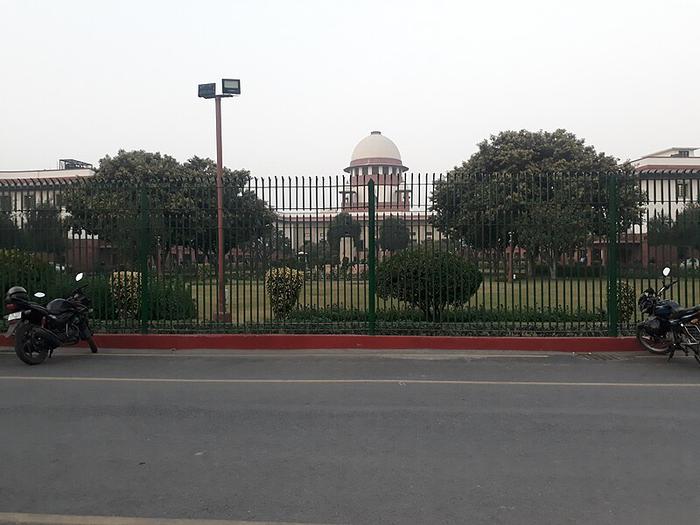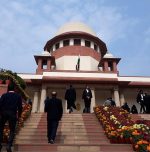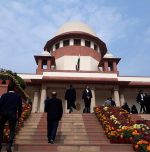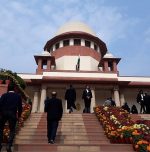Supreme Court limits ED’s arrest powers Under PMLA

The Supreme Court on Thursday ruled that the Enforcement Directorate (ED) cannot directly arrest individuals under the Prevention of Money Laundering Act (PMLA), 2002, once a special court has taken cognizance of the complaint.
Instead, the ED must seek the special court’s permission if it wishes to take custody of the accused.
A bench of Justices A S Oka and Ujjal Bhuyan clarified that after a complaint under Section 44 is acknowledged, the ED loses its power under Section 19 to arrest the accused.
The ED must apply to the special court for custody if it requires further investigation. The court must then hear the accused and pass an order with brief reasons.
Custodial interrogation can only be granted if the court is satisfied that it is necessary, despite the accused not being arrested previously under Section 19.
However, if the ED wants to investigate further and arrest a person not listed as an accused in the existing complaint, it may do so provided the requirements of Section 19 are met.
The bench emphasized that if the accused was not arrested before the complaint was filed, the special court should typically issue a summons, not a warrant.
Even for those on bail, a summons should be issued. If the accused appears in response to the summons, they are not in custody and do not need to apply for bail.
However, the court can require the accused to furnish bonds under Section 88 of the Code of Criminal Procedure (CrPC).
Additionally, the court can grant an exemption from appearance if the accused provides sufficient cause. If the accused fails to appear, the court can issue a warrant, starting with a bailable warrant.
If service of the bailable warrant is not possible, a non-bailable warrant can be issued.
The bench explained that a bond under Section 88 CrPC is merely an undertaking to appear in court and does not equate to bail.
Therefore, if a warrant is issued for non-appearance, it can be cancelled without the accused needing to apply for bail.
This decision addressed whether executing a bond under Section 88 CrPC would trigger the twin conditions of bail under Section 45 of the PMLA.
Section 45 requires that bail not be granted until the public prosecutor has had a chance to oppose it and the court believes the accused is unlikely to commit another offence while on bail.
The Supreme Court’s ruling clarifies that executing a bond does not equate to a bail application, thus not invoking these conditions.
Image Credit: Pinakpani, CC BY-SA 4.0, via Wikimedia Commons
Image Reference:
https://commons.wikimedia.org/wiki/File:Supreme_Court_of_India_front_view_04.jpg









Leave a Reply